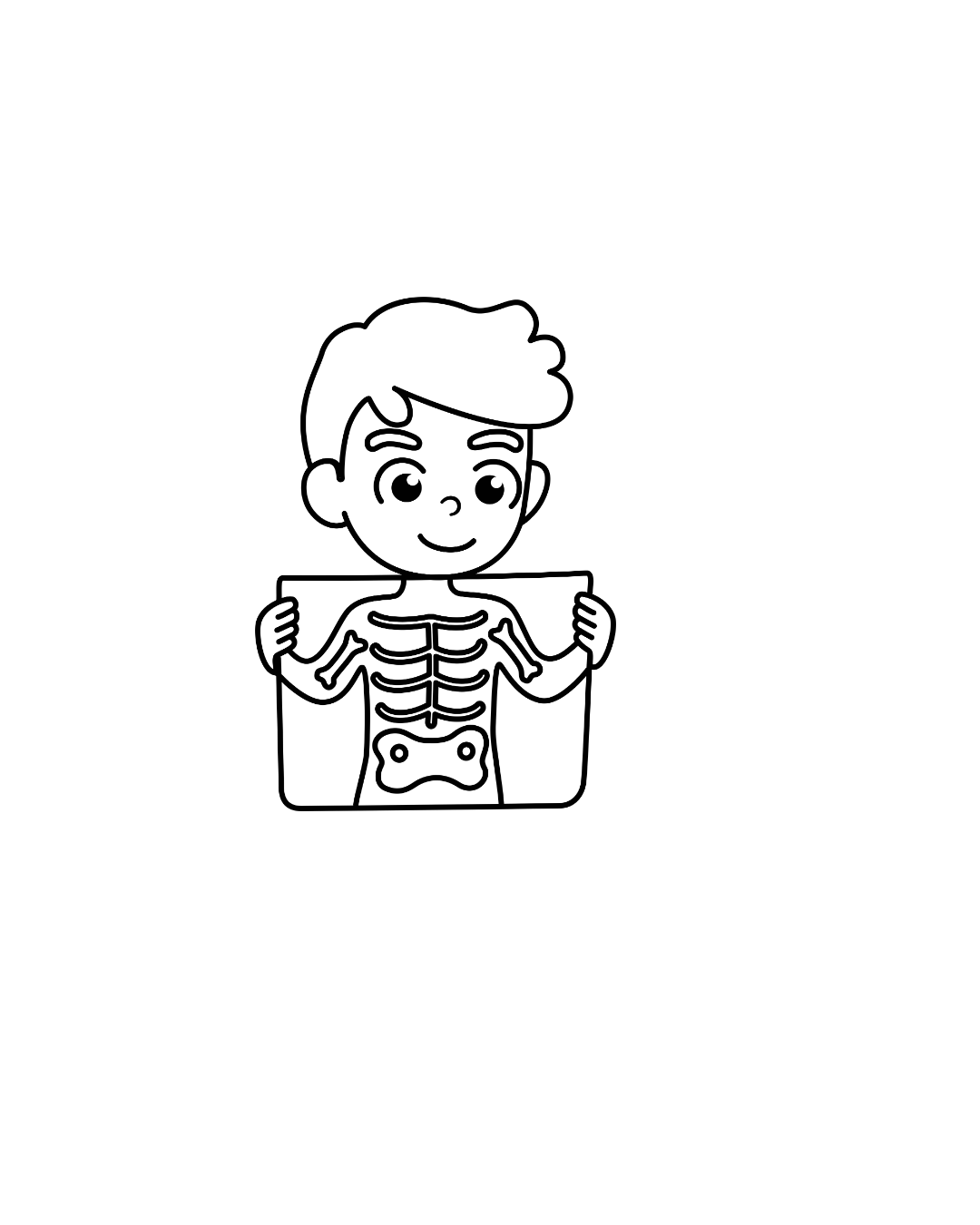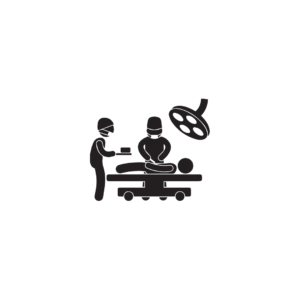Description
Overview of Certificate Course in X-Ray Technician
The Certificate Course in X-Ray Technology is designed to provide students with the foundational knowledge and practical skills needed to perform X-ray procedures safely and effectively. This program is essential for individuals looking to begin a career in medical imaging and contribute to patient diagnosis and care.
Core Areas of Study in the X-Ray Technician Certificate Course
Introduction to Radiology
Overview of the radiology field, understanding the role of X-ray technology in medical diagnostics, and the various types of imaging used in healthcare.
Basic Anatomy and Physiology
Study of human anatomy, including skeletal, muscular, and organ systems, focusing on areas commonly examined through X-ray imaging.
X-Ray Imaging Techniques
Comprehensive understanding of X-ray procedures, including:
Patient positioning
Proper equipment settings
Different types of X-ray examinations (e.g., chest, abdomen, extremities)
Radiation Safety and Protection
Principles of radiation physics and safety protocols to ensure the protection of patients and healthcare staff from unnecessary radiation exposure.
Patient Care and Communication
Skills for effectively interacting with patients, including how to explain procedures, address concerns, and ensure patient comfort during examinations.
Image Quality and Evaluation
Techniques for assessing X-ray image quality, identifying common artifacts, and understanding the importance of obtaining diagnostic-quality images.
Equipment Operation and Maintenance
Hands-on training in operating X-ray machines, including basic troubleshooting and routine maintenance practices to ensure equipment efficiency.
Legal and Ethical Considerations
Understanding of legal obligations, patient confidentiality, and ethical issues related to patient care and imaging.
Curriculum Structure
A typical Certificate Course in X-Ray Technician may include:
Core Courses: Courses focusing on radiology fundamentals, X-ray techniques, anatomy, patient care, and safety protocols.
Laboratory Practicum: Hands-on sessions where students practice X-ray techniques, patient positioning, and operating imaging equipment.
Clinical Experience: Opportunities to work in clinical settings under supervision, allowing students to apply their skills in real-world scenarios.
Admission Requirements
Admission to a Certificate Course in X-Ray Technology typically requires:
A high school diploma or equivalent, preferably with coursework in biology and chemistry.
While prior experience in a healthcare setting is beneficial, it is not always mandatory for entry into the program.
Some programs may require an interview or a written assessment.
Skills Developed in the X-Ray Technician Certificate Course
Graduates of the Certificate Course in X-Ray Technology will develop essential skills, including:
Technical Competency: Proficiency in performing X-ray procedures and operating imaging equipment accurately and safely.
Anatomical Knowledge: In-depth understanding of relevant anatomical structures to ensure correct imaging techniques.
Radiation Safety Practices: Knowledge of radiation safety protocols to minimize exposure risks during imaging procedures.
Patient Management Skills: Ability to communicate effectively with patients, ensuring they are informed and comfortable throughout the procedure.
Critical Thinking: Skills to assess imaging requirements and troubleshoot common problems during X-ray examinations.
Career Opportunities
Graduates of the Certificate Course in X-Ray Technology can pursue various entry-level positions, including:
X-Ray Technician
Performing diagnostic X-rays, ensuring quality images are obtained, and maintaining patient safety throughout procedures.
Radiologic Technologist
Working with radiologists to produce images for diagnosing medical conditions and assisting in a variety of imaging procedures.
Radiology Assistant
Supporting radiologists and technologists in the imaging process and managing patient care in radiology departments.
Healthcare Support Staff
Assisting in medical imaging facilities by preparing patients and aiding radiologic technologists in various tasks.
Conclusion
The Certificate Course in X-Ray Technology provides students with the essential knowledge and skills needed to embark on a successful career in medical imaging. Graduates play a critical role in patient care by enabling accurate diagnoses through X-ray imaging. If you have any further questions regarding the Certificate Course in X-Ray Technician or related topics, feel free to ask!









